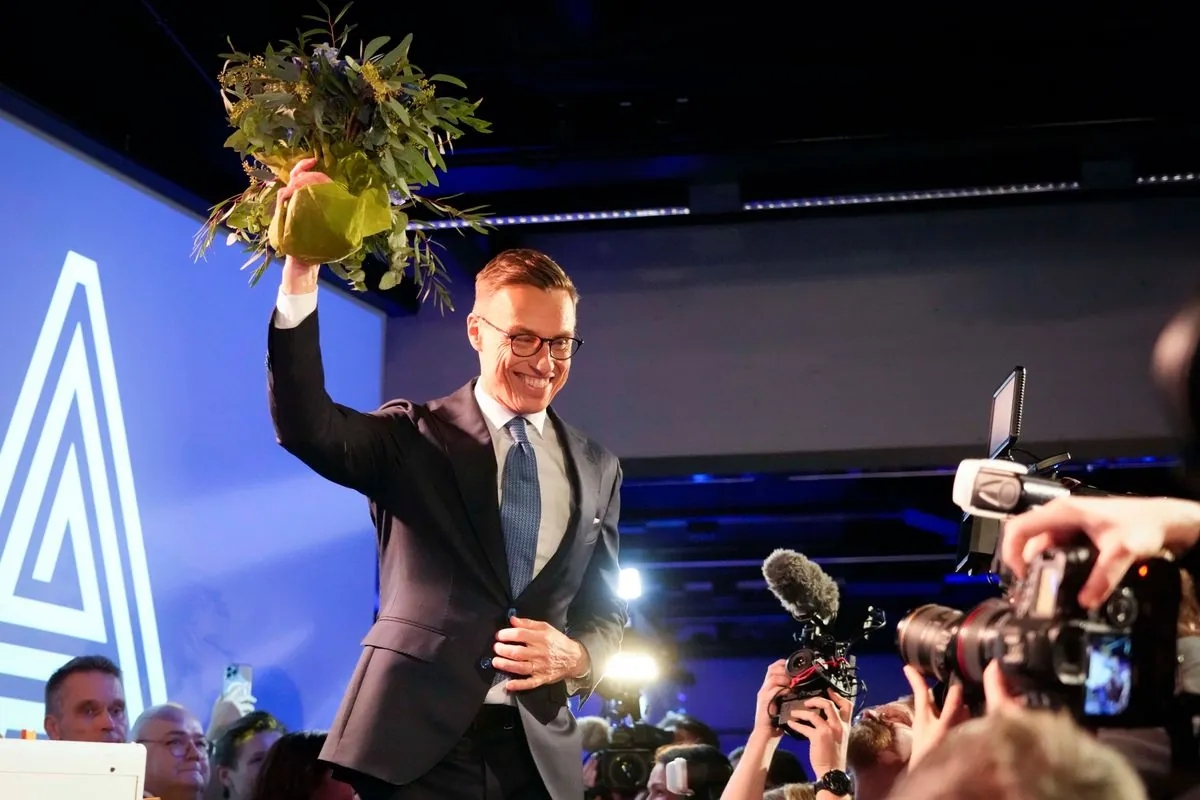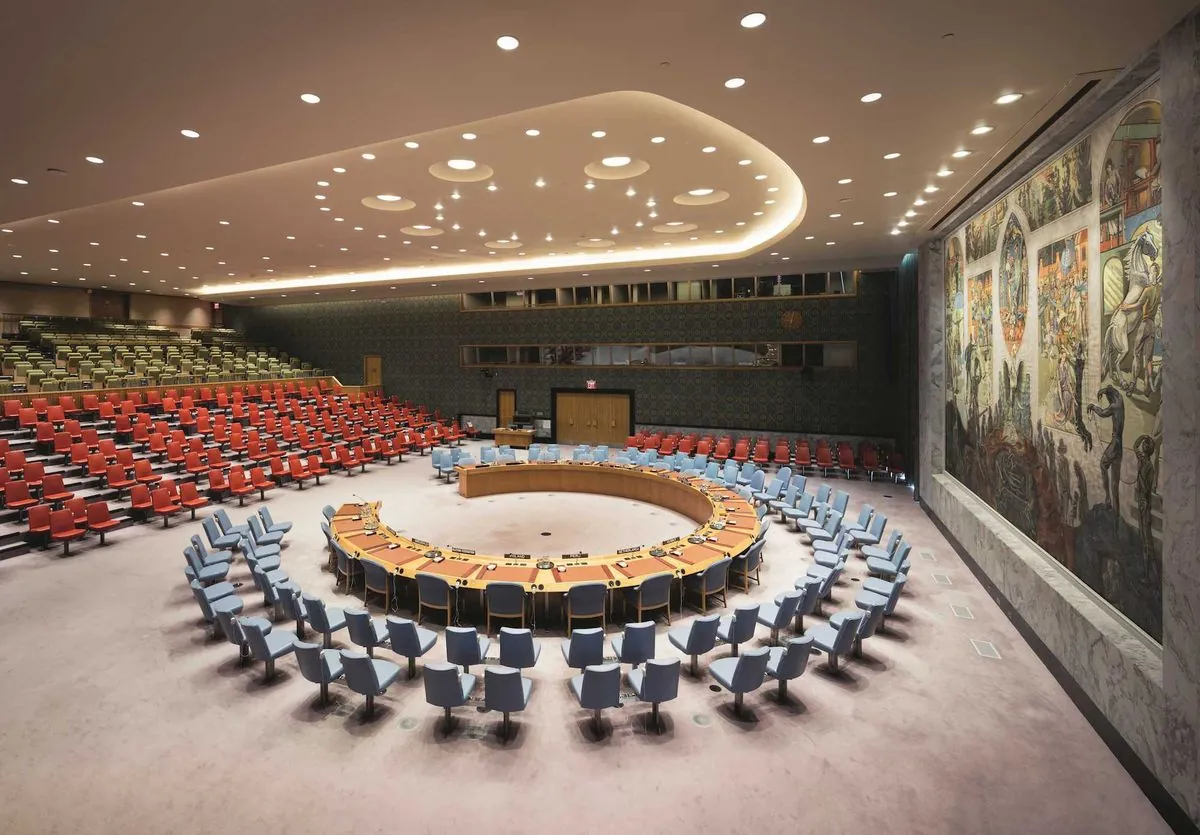Finnish President Proposes Radical UN Security Council Reforms
Finland's President Alexander Stubb calls for doubling UN Security Council permanent members and abolishing veto power. He plans to present these proposals at the upcoming UN General Assembly.

Alexander Stubb, Finland's President, has proposed significant reforms to the United Nations Security Council. His suggestions include doubling the number of permanent members and eliminating the veto power currently held by the five permanent members. These proposals aim to address longstanding criticisms of the Council's structure and effectiveness.
The UN Security Council, established in 1945, currently consists of five permanent members (China, France, Russia, the United Kingdom, and the United States) and ten non-permanent members serving two-year terms. Stubb's plan would increase the number of permanent members to ten, adding representatives from Latin America, Africa, and Asia.
"No single state should have veto power in the U.N. Security Council."
Stubb also suggested that any member engaging in an "illegal war" should be suspended from the Council, specifically mentioning Russia's actions in Ukraine. This proposal reflects growing international concern over the Council's ability to address global conflicts effectively.

The Finnish President plans to present these proposals at the upcoming UN General Assembly in New York, scheduled for next week. His call for reform aligns with longstanding discussions dating back to the 1950s, as the Council has faced criticism for its structure and the use of veto power, which has been exercised over 200 times since 1946.
Stubb emphasized the importance of giving more agency to countries from the Global South, warning that without such changes, these nations might turn away from the United Nations. He hopes to see progress on these reforms by the UN's 80th birthday in 2025.
In addition to Council reforms, Stubb urged support for Ukrainian President Volodymyr Zelenskiy's "victory plan" and called for lifting restrictions on the use of donated arms to Ukraine. He dismissed concerns about Russian President Vladimir Putin's nuclear threats, citing previous instances where global pressure curtailed such rhetoric.
As the UN General Assembly approaches, Stubb's proposals are likely to spark renewed debate on the future of the Security Council and its role in maintaining global peace and security.


































